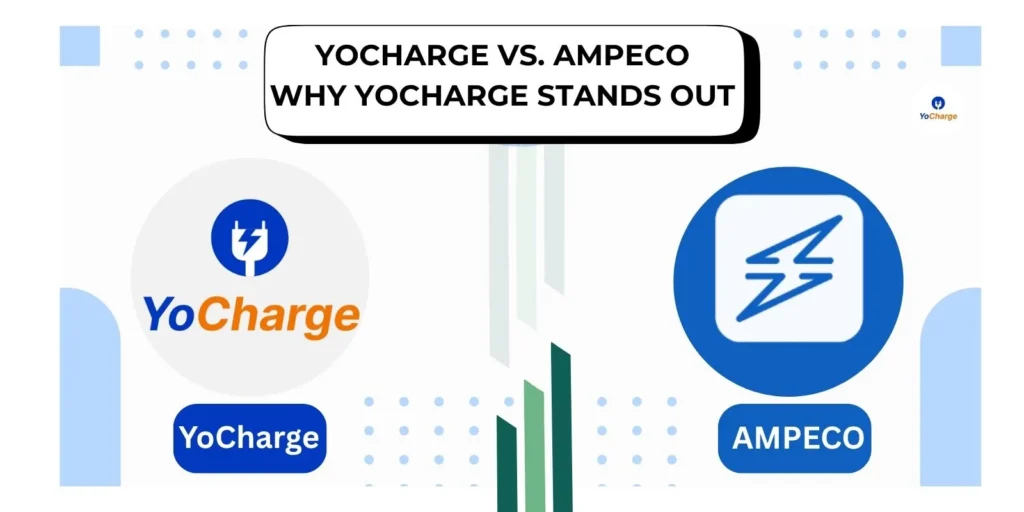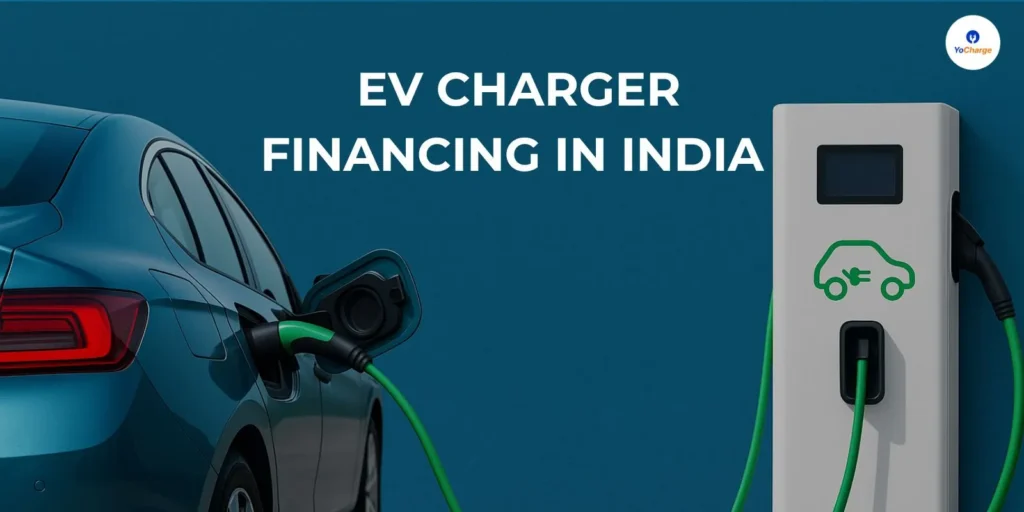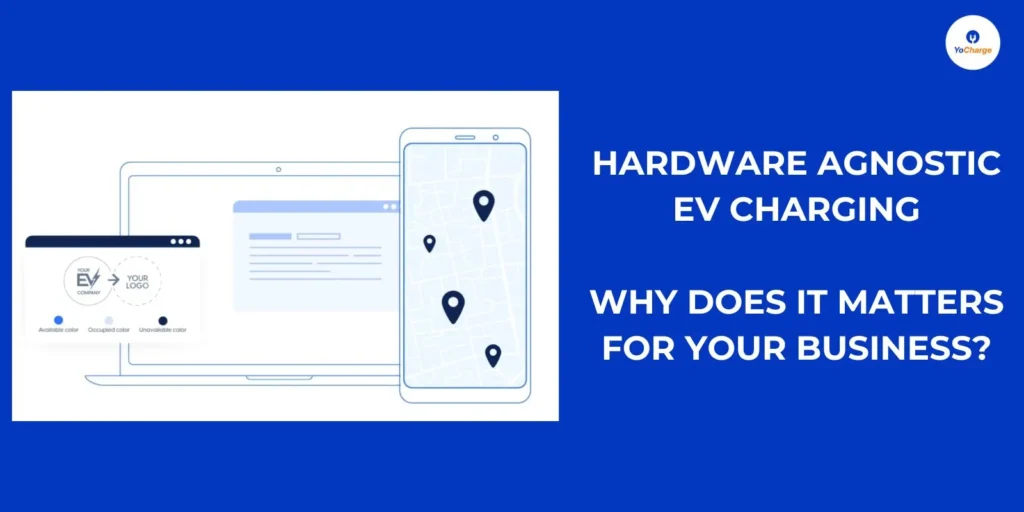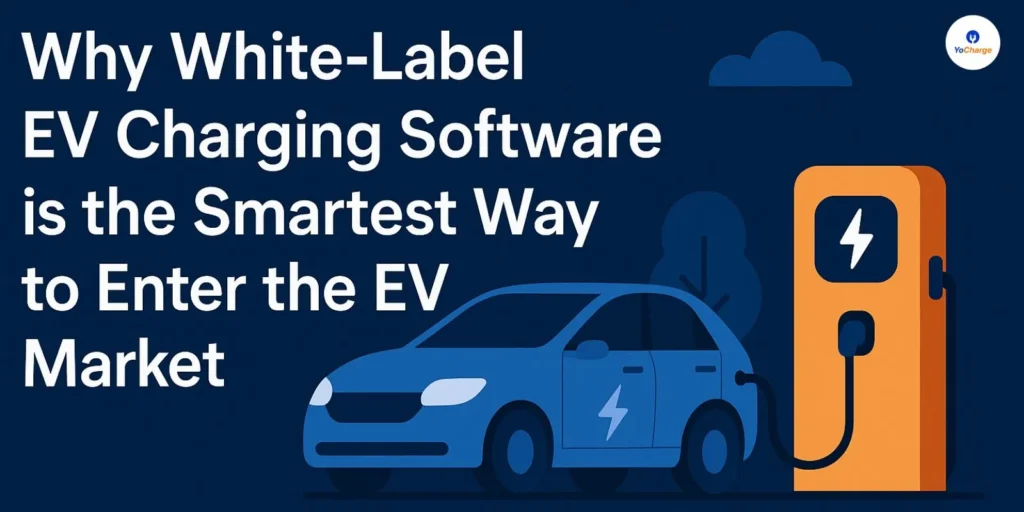By the end of 2030, India is aiming to turn 30% of the whole vehicles on Indian roads into electric vehicles. As part of this initiative many individuals and fleet owners have come up with the decision to adopt electric vehicles. So if you are planning to switch to electric vehicles let us discuss the questions to ask before adding electric vehicles to your fleet. This may give some add on when you start your EV adoption for your EV fleet.

Questions to Ask Before Adding Electric Vehicles to Your Fleet
1. What is the difference between electric and hybrid vehicles?
Electric vehicles are powered solely by an electric motor and battery, which are charged by plugging into an electrical outlet or charging station. On the other hand, hybrid vehicles have both an electric motor and an internal combustion engine. The electric motor provides assistance to the engine during acceleration and the battery is recharged through regenerative braking and the engine. Hybrids typically have a limited range in electric-only mode.
2. How reliable are electric vehicles?
EVs are known to provide reliable performance with their smooth and quiet operation and low maintenance needs compared to gasoline-powered vehicles. However, the dependability of EVs is contingent on various aspects such as the quality of components used, the electric powertrain type, and the maintenance and upkeep given by the owner. Manufacturers generally offer warranties of at least 8 years or 160,000 km (approximately 100,000 miles) for their electric vehicles, and this coverage may be even longer for commercial vehicles.
Typically, EVs’ electric motor and battery are stronger than a traditional internal combustion engine and with fewer mechanical parts, EVs may experience fewer malfunctions and mechanical problems. Nevertheless, similar to any vehicle, the reliability of an EV may be influenced by driving patterns, weather conditions, and access to charging infrastructure.
3. Will Your Drivers Need Additional Training for driving an electric car?
Drivers may require extra training to drive electric vehicles (EVs) efficiently and safely. Despite having similarities to conventional cars, EVs have distinctive traits such as an electric powertrain, regenerative braking, and the need to arrange charging. They must also be aware about the basic difference between different types of EV chargers and the time required to charge it. This knowledge helps them to plan when to stop to charge their EVs and have an idea about its range.
Nowadays you can easily incorporate a software to track EV charging stations nearby and to view the charging levels. Hence, it is advisable for drivers to receive instruction on the specific features and technology of the electric vehicle they are driving, including the differences between EVs and conventional vehicles, charging procedures, and the availability of charging stations. This training will ensure that drivers have a complete understanding of the vehicle, allowing for a smoother transition to electric vehicles for both drivers and the organization.
4. Are electric vehicles ideal for long trips?
EVs are typically better suited for shorter commutes and city driving rather than extended trips. One of the significant reasons is the fear of the battery running out of charge before reaching the destination, known as range anxiety. While some modern EVs have a single charge range exceeding 300 miles, most EVs have a range of around 100-250 miles. This implies that for longer journeys, drivers may have to plan for multiple charging stops, which can be time-consuming and inconvenient.

Furthermore, charging stations are not as readily accessible as gasoline stations in some areas, making it challenging to locate a charging station. Nevertheless, this situation is continuously improving, with a rising number of charging stations and increasing EV ranges, making them more feasible for long-distance travel.
5. Is making your fleet electric cost-effective?
Whether an all-electric fleet is cost-efficient depends on several factors, including the cost of EVs, operating costs, and the cost of charging infrastructure. While EVs tend to have lower operating expenses such as fuel and maintenance costs and fewer emissions-related expenses, their upfront cost can be higher than gasoline vehicles. But with the rising prices of petrol and other fossil fuels it is surely cost-effective. It only takes 50% less cost to run a electric vehicle compared to the traditional gasoline vehicles. This is due to the low cost of charging electricity.
There are also many incentives and tax benefits for EVs which makes the overall costs much lower. Availability and cost of charging infrastructure also play a role in determining the overall cost-effectiveness of an all-electric fleet. The cost-effectiveness of such a fleet ultimately depends on the organization’s specific circumstances, including its budget, driving patterns, and charging needs.
6. How is the availability of charging stations in India?
The number of charging stations in India is still limited compared to other developed markets. Nevertheless, the Indian government and private companies are taking significant steps to expand the availability of charging stations. The government has a goal to install approximately 2.5 million charging points nationwide by 2030, and private businesses are also investing in charging infrastructure.
The focus of charging stations is mainly in big cities and highways. Nevertheless, the Indian government and private corporations are putting in significant effort to increase the number of charging stations in the country. Currently, the majority of the available charging stations in India are slow chargers which take several hours to completely charge an electric vehicle, but the government has also laid plans to install fast-charging stations, which can charge a vehicle much quicker to support widespread adoption of electric vehicles in India. Hence making long trips with an electric vehicle require more planning. It is better to opt for short trips within the city when you start your electric fleet.



